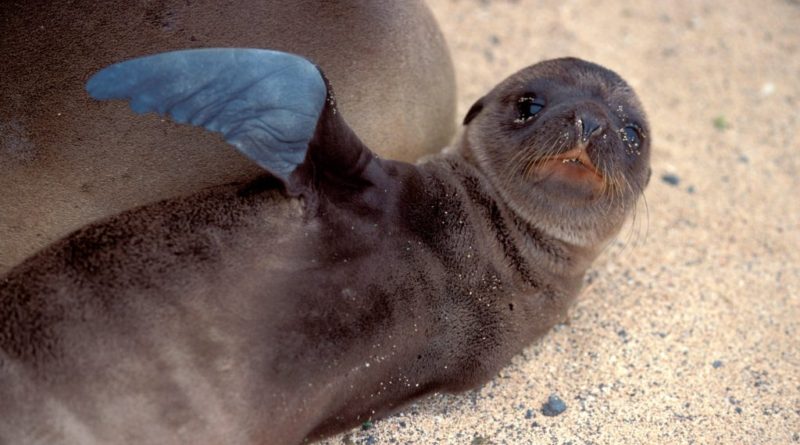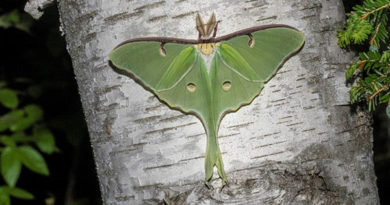WWF’s VP of Ocean Conservation discuss the Galapagos
Earlier this summer, Lauren Spurrier, WWF’s Vice President of Ocean Conservation joined Natural Habitat Adventures’ Daily Dose webinar series to talk about the Galapagos. Watch the recording here!
WWF has worked in the Galapagos for over 50 years. In fact, one of WWF’s very first grants were used to establish the Charles Darwin research center in 1962. Spurrier discussed this rich history alongside Nat Hab guide and Galapagos resident Josy Cardoso.
Cardoso highlighted the importance of the regulations that are in place in the Galapagos to ensure the protection of its unique species and habitat.
Spurrier discussed her experience and work with the Ecuadorian Government, WWF, and stakeholders to support the establishment of one of the first marine reserves in the world, The Galapagos Marine Reserve (GMR) in 1998. The reserve surrounds the entirety of the Galapagos National Park, a total of 50,000 square miles, and protects the coastal ecosystem and the incredible endemic biodiversity of the islands. Spurrier and Cardoso talked about the importance of mangroves in coastal ecosystems.
In addition to establishing the GMR, WWF has worked in partnership with the Galapagos National Park and partners to develop a Biodiversity Vision for Galapagos, design and implement a marine management plan, strengthen monitoring and enforcement in the GMR, build capacity of local organization in fisheries management and marine science.
Spurrier also worked to develop and implement a sustainable energy blueprint and a waste management blueprint that has led to the installation of a ISO1401 certified fuel handling facility and an integrated recycling program.

© Pablo Corral, WWF
Lauren Spurrier stressed the importance of protecting oceans in addition to habitats and the connection between the two in supporting the biodiversity and overall health of the Galapagos. “It’s been such a privilege to dedicate my energy to such a spectacular and special place. Today I am fortunate to work with a incredibly talented team of colleagues and partners to advance ocean conservation by helping people fish better, sustain resilient coastal ecosystems like coral reefs and mangroves, and protecting the Arctic marine environment and all that it provides for Native communities,” said Spurrier.
About the author: Hannah Wagner View all posts by Hannah Wagner
Hannah Wagner is a Travel Associate with WWF’s Travel Program. She helps manage a variety of travel communications and uses her travel writing experience to inspire WWF’s travelers and members. She recently graduated from the University of Virginia, where she earned degrees in Media Studies and Art History. Hannah was born in Alaska, which fueled her love of the outdoors and passion for nature travel. Some of her favorite travel memories include trekking Machu Picchu’s Salkantay route, studying glaciers in Iceland, and meeting elephants in Togo.




